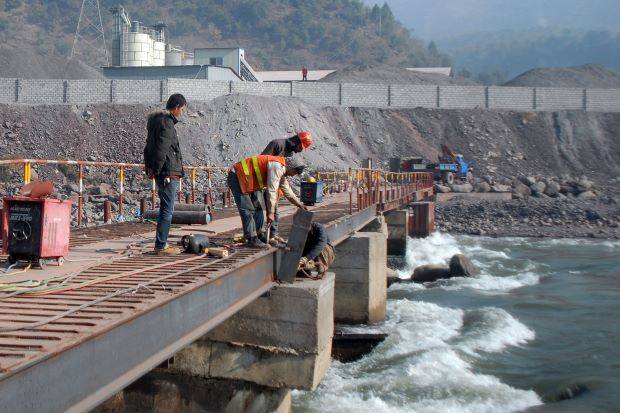India and Pakistan are also starting to “attract millions of foreign workers” and this trend is expected to grow in the coming decade according to the World Bank. Trends in migration are changing with many migrants in Bangladesh and Nepal returning home. With increasingly difficult immigration requirements abroad, as well as racism and Islamophobia on the rise in the west, and anti-Shia and even anti-Pakistan sentiments in the Gulf, Pakistan may also see workers coming back.
Nepal and Pakistan have been highlighted as they have the same number of migrants leaving the country as foreign workers entering. This is a phenomenon is that is unexplained as of yet. Who are these migrant workers? And what will happen to Pakistan jobs for Pakistanis? The rise in foreign workers may be in influx of Chinese workers due to the recent deals with China, though reports are unconfirmed. The corridor will cause the demographic to change significantly over the coming years. The problem is that this influx is of skilled workers, while the outflow of workers to the Gulf is of unskilled wage-labourers. This will impact the positive effects of our thriving remittance economy, as we will be remitting money ourselves to foreign countries.
At the core, the government needs to make sure that the Pakistani worker is competitive and skilled. There will be many jobs on offer with the building of the economic corridor. The hope has been that this will be a boon to Pakistani workers, but not if they don’t have the education or the skills to compete with foreign workers. The Chinese investment has opened our economy to international competition, harder and faster than we would have liked. The government cannot offer protection to its people when its Chinese money and Chinese projects. Competition with incoming foreign workers is going to be one of the challenges our labour force will face.






